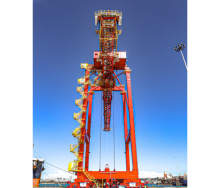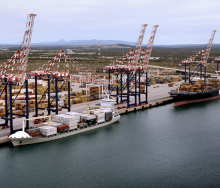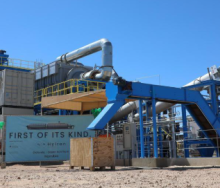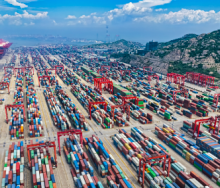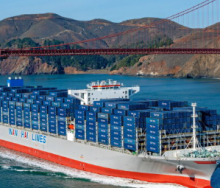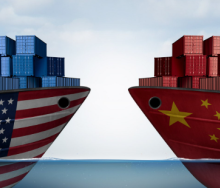Yesterday the European Union approved the Critical Raw Materials Act, a regulation that seeks to reduce the dependency for minerals on developing countries by the world’s largest Common Market.
A spokesperson for the European Commission explained that the bloc had decided to take this path due to the supply-chain disruptions that had significantly impacted supply into the EU, disruption that also led to raised costs of products associated with raw materials.
According to a spokesperson for the EU, the most significant supply-chain disruptions of the past few years include the Covid-19 pandemic and Russia’s war with Ukraine.
These events, in particular, disrupted nickel and titanium imports, hobbling manufacturing at home in Europe.
Chinese export restrictions on gallium and germanium introduced last week were also mentioned with regard to impacting EU markets.
Under the new regulations, the EU plans to obtain up to 65% of its annual consumption of critical and strategic raw materials from within the bloc, affecting countries in the region that have been exporting these materials.
Approximately 10% of the minerals used in the bloc will now be sourced from countries within the union, 40% from processing, and 15% from domestic recycling of critical and strategic minerals.
The spokesperson mentioned that domestic extraction of minerals within the EU had been low due to various factors, including "long permitting procedures, local opposition, high energy costs, high labour costs, and high costs of regulatory compliance”.
The Act aims to address most of these challenges by prioritising strategic projects, setting binding timelines for domestic extraction approvals, engaging with local communities to improve social acceptance, and promoting supply diversification by private businesses to make EU projects competitive despite higher production costs.
The Act also promotes the recycling of critical raw materials by addressing key barriers, including the lack of awareness among users regarding recyclable products reaching their end of life and higher costs associated with products made from recycled raw materials.
Ebba Busch, Minister for Energy, Business, and Industry of Sweden – the current president of the EU – said that with the Act, the EU would achieve much-needed freedom in the exploration and supply of critical raw materials, reducing dependence on countries outside the bloc.
She said Europe's destiny was mainly in the hands of a few mineral-rich countries.
“With the Raw Materials Act, we want to regain our autonomy in a truly European way, extracting minerals sustainably, recycling as much as we can, and working in partnership with like-minded third-world countries to promote their development and sustainability, while ensuring our supply chains."
The list of 34 critical and 17 strategic raw materials affected by the new regulations includes copper, cobalt, titanium, manganese, natural graphite, platinum group metals, nickel, tantalum, vanadium, and niobium.
These minerals are essential for manufacturing electric vehicle batteries, wind turbines, solar photovoltaic systems, aircraft and spacecraft parts, laptops and mobile phone parts.
They are vital export commodities, providing foreign exchange for importing other goods and services and repaying debt, and are significant sources of employment for millions of people in the region.
In the Democratic Republic of Congo (DRC), copper and cobalt, along with related products, make up about 93% of annual exports, with the majority going to China and Europe.
It makes the extractive sector the primary source of foreign exchange in the DRC. Tanzania also earns a significant amount of foreign exchange from these raw materials and relies on the EU as a key export market.
Mineral exports also play a substantial role in the economies of Rwanda, Burundi and Uganda.
Patrick Kanyoro, who chairs the Kenya Chamber of Mines, told The EastAfrican he thought it was quite ambitious for the EU to source up to 15% of the minerals it needs for its manufacturing sector.
He said he didn’t believe this could be achieved in the next ten years, and the EU would be forced to continue relying on African countries for its minerals out of necessity.
Even if the EU managed to diminish its dependency on minerals outside the bloc, a drop-off in mineral exports from countries like the DRC could stimulate intra-continental trade and manufacturing development in Africa, Kanyoro said.

